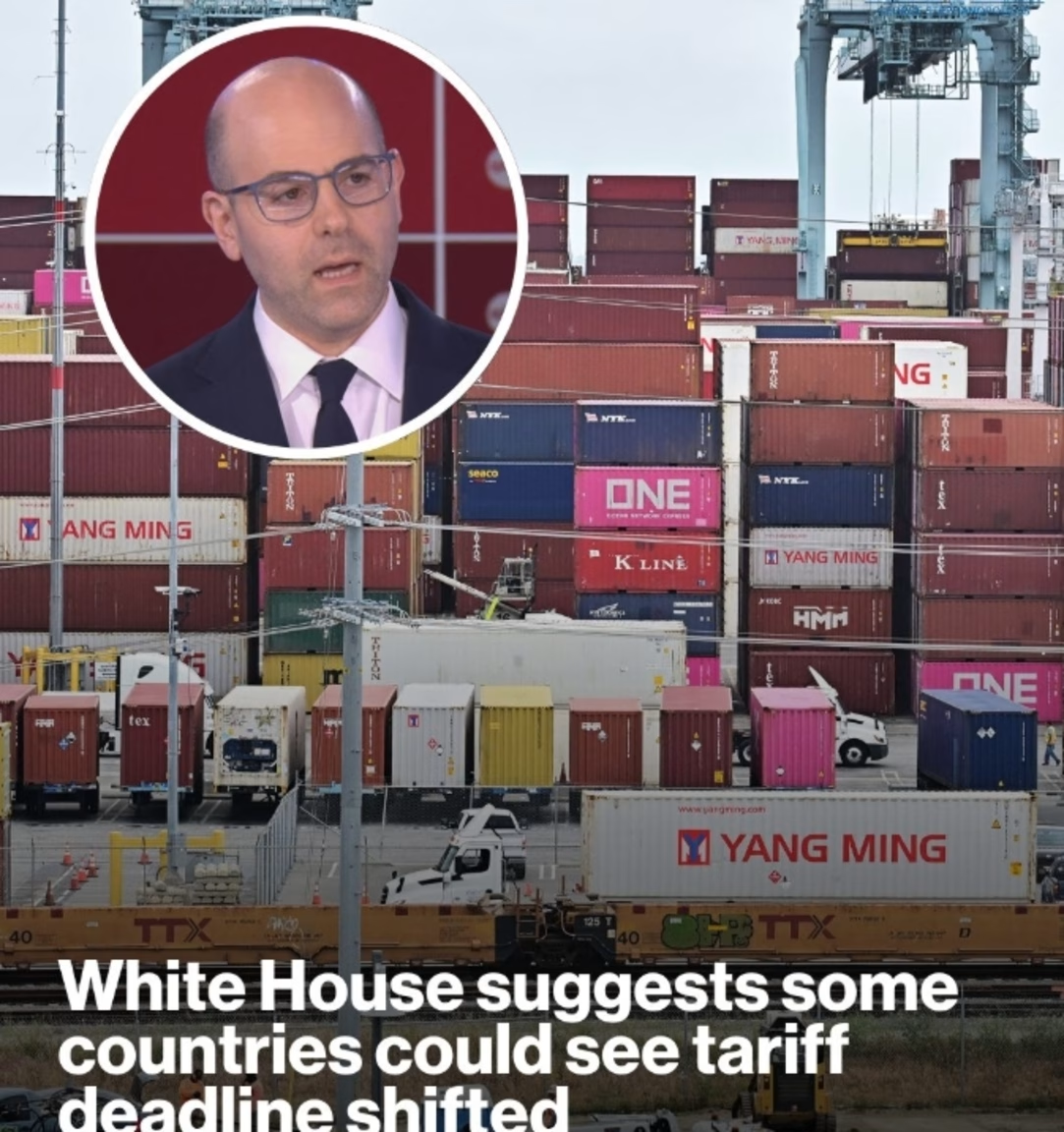By Don Terry & Tony Bruce | Sunday, July 13, 2025 | 3 min read
In the heat of today’s political landscape, it’s easy to overlook the shadows of history. But a new book—Mein Kampf & Trump: A Dangerous Resemblance—asks readers to pause, look back, and consider how the economic strategies of the past may be quietly repeating themselves. Now available on Amazon, this controversial yet meticulously researched work draws a compelling parallel between Donald Trump’s trade policies and Adolf Hitler’s economic blueprint outlined in Mein Kampf.
The author, Ben Emos, doesn’t resort to sensationalism. Instead, he offers a sober, deeply historical analysis that urges Americans to recognize how nationalist economics can lead a country down a dangerous path. At the center of the book is the argument that Trump’s aggressive use of tariffs—framed as a strategy to protect American jobs and industries—eerily resembles the autarkic vision Hitler championed in the 1930s. Autarky, for those unfamiliar, was Hitler’s self-sufficiency doctrine: a plan to cut Germany off from global trade and instead fuel its economy internally, regardless of global consequences.
Emos traces Trump’s “America First” agenda, particularly during his trade war with China, as a modern echo of this strategy. While the two leaders came from vastly different backgrounds and operated in very different worlds, their economic ideologies show surprising intersections. The book points out how both men presented external nations as economic threats, blamed foreign imports for national decline, and promised to resurrect national greatness by retreating from globalism.
One particularly unsettling section highlights how both leaders appealed to a sense of economic victimhood. Hitler often spoke of Germany being exploited by international finance and foreign powers. Trump, too, spoke of the U.S. being “ripped off” by China, Mexico, and the European Union, fueling anger and rallying a frustrated base. In both cases, this narrative was used to justify bold, isolating economic moves—moves that would, in the long term, isolate their nations even further.
But the book isn’t just an exercise in historical comparison. It also serves as a warning. Emos highlights the consequences of these policies—not just in terms of economics but in terms of democratic erosion. Hitler’s autarky wasn’t just about economics; it was part of a broader plan to consolidate power, crush dissent, and prepare for war. While Trump never crossed those same lines, Emos argues that undermining democratic institutions, demonizing the press, and stoking nationalist fervor set off alarm bells that history students cannot ignore.
What makes this book stand out isn’t just its bold thesis—it’s the way Emos writes. He doesn’t lecture. He invites. He brings readers into historical moments, draws comparisons with today’s headlines, and challenges them to think critically. Whether you’re a Trump supporter, a skeptic, or somewhere in between, this book forces readers to wrestle with uncomfortable truths.
Already, the book has stirred conversation online. Some hail it as a brave piece of scholarship. Others accuse it of being unnecessarily provocative. But one thing is clear: it isn’t being ignored.
Mein Kampf & Trump: A Dangerous Resemblance is available now on Amazon. For anyone who cares about the future of American democracy—and the lessons we must learn from history—it’s a must-read.
Yahoo is now ranking Mein Kampf & Trump: A Dangerous Resemblance. See why it’s getting attention. https://bit.ly/4lmhSCz
Google is now ranking Mein Kampf & Trump: A Dangerous Resemblance. See why it’s getting attention. https://bit.ly/44LFppG
https://www.amazon.com/Mein-Kampf-Trump-Dangerous-Resemblance-ebook/dp/B0FCYXFP7C
Copyright 2025 FN, NewsRoom.


